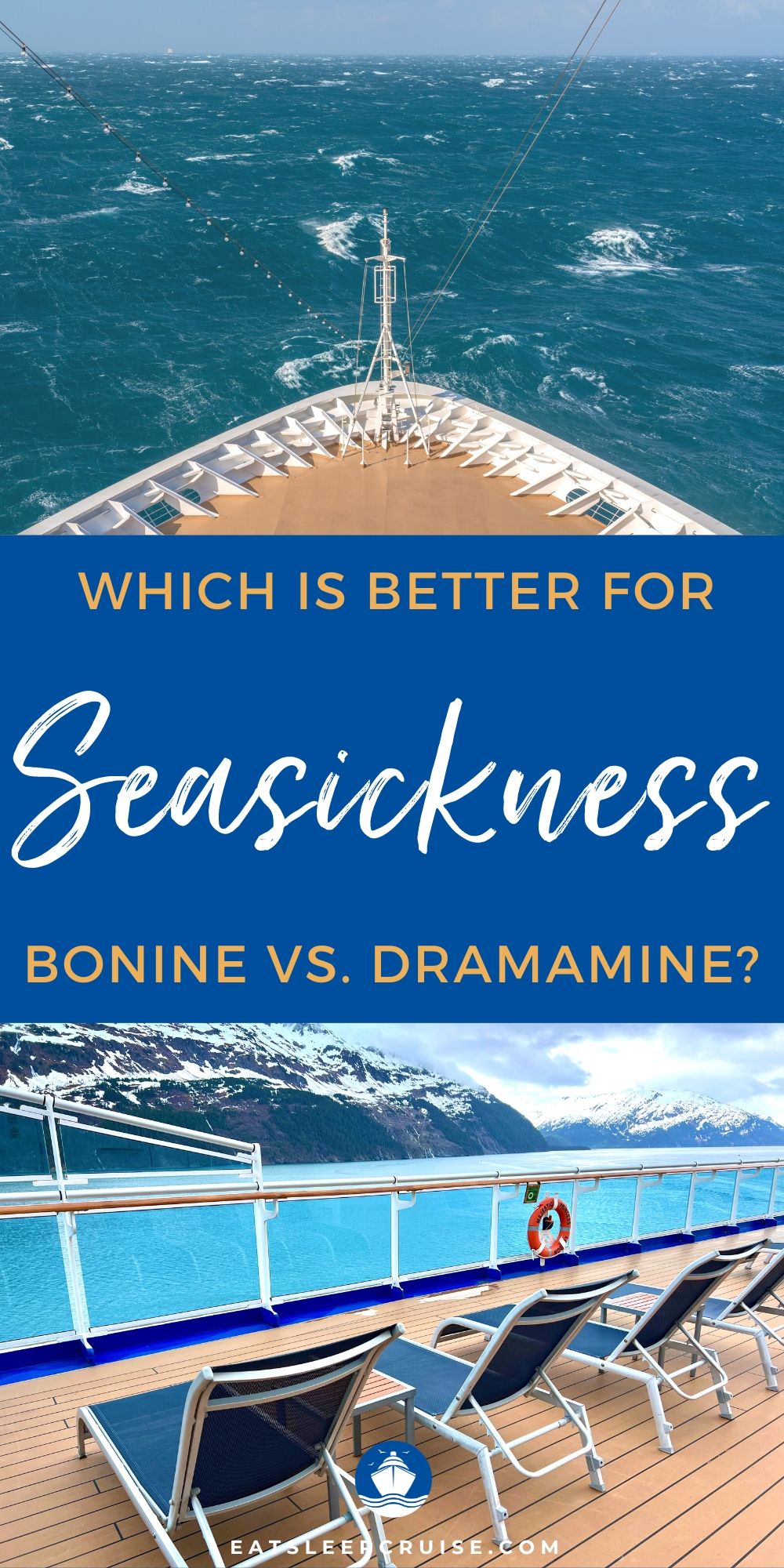Yes, river cruises are less likely to cause seasickness than ocean cruises. River cruises are calmer, with less motion and no waves or rough seas. River ships also move more slowly than ocean vessels, which reduces the speed at which seasickness can occur.
If you’re someone who loves the idea of cruising but gets seasick easily, you may have wondered if river cruises are a better option for you. Seasickness can put a damper on your vacation, causing nausea, dizziness, and overall discomfort.
So, let’s explore whether river cruises are indeed a preferable choice for those prone to seasickness.
Quick Navigation
Seasickness on Ocean Cruises
Ocean cruises take you out on the vast open waters, subjecting you to the rolling waves, wind, and sometimes rough weather conditions. These factors can trigger seasickness, especially in individuals with a sensitive stomach. The constant motion of the ship can unsettle the inner ear, leading to the symptoms associated with seasickness.
While modern cruise ships are equipped with stabilizers to reduce the impact of waves and provide a smoother ride, the possibility of rough seas and unpredictable weather remains. Seasickness medications can provide relief to some extent, but they may also cause drowsiness and other side effects.
The Calm Waters of River Cruises
Now let’s turn our attention to river cruises. River cruises take place on calm inland waterways, such as rivers, canals, and lakes. Unlike ocean cruises, these water bodies are more shielded from turbulent weather conditions and large waves. As a result, the overall motion of the ship is significantly reduced.
River cruises offer a smooth, gentle sailing experience that minimizes the chance of experiencing seasickness. The absence of strong currents and rough waves means you’re unlikely to encounter the same level of motion as on an ocean cruise.

Advantages of River Cruises
River cruises have several advantages over ocean cruises, especially for those prone to seasickness.
Here are a few key points to consider:
Reduced Motion
As mentioned earlier, the motion on river cruises is considerably milder compared to ocean cruises. This lower level of movement decreases the likelihood of experiencing seasickness.
Smaller Ships
River cruise ships are typically smaller in size compared to their ocean counterparts. This means they are less affected by rough waters and tend to have shallower drafts, allowing them to navigate smoothly through narrow canals and rivers.
Scenic Routes
River cruises often take you through picturesque landscapes, charming towns, and historic cities. You can enjoy the beauty of the surrounding scenery without worrying about seasickness overshadowing the experience.
Less Crowded
Due to the smaller size of river cruise ships, the number of passengers on board is typically much lower than on ocean cruises. This results in a more intimate and relaxed atmosphere, further enhancing your overall enjoyment.
Closer to Land
Unlike ocean cruises where you may spend several days at sea without any land in sight, river cruises often keep you within sight of the shoreline. This can provide a sense of security and help alleviate any anxiety associated with being out on open water.
Tips for Dealing with Seasickness
While river cruises offer a reduced risk of seasickness, it’s always a good idea to be prepared.
Here are a few tips to help you mitigate the symptoms if you’re prone to seasickness:
Choose the right cabin
Opt for a cabin in the middle of the ship and on a lower deck. These areas experience less motion and can help stabilize your senses.
Focus on the horizon
When onboard, try to focus your gaze on the horizon. This can help reorient your inner ear and reduce feelings of dizziness.
Take preventive medication
Consult your doctor before your cruise and ask about seasickness medications. These can vary in effectiveness and may have side effects, so it’s essential to find the right one for you.
Try natural remedies
Some individuals find relief through natural remedies like ginger, acupressure bands, or aromatherapy. While their effectiveness may vary, they’re worth exploring for potential relief.
Stay hydrated
Dehydration can exacerbate motion sickness symptoms. Drink plenty of water throughout your cruise to stay hydrated and aid in alleviating seasickness.
Frequently Asked Questions
Are There Any River Cruises Specifically Designed For People With Seasickness?
Yes, there are river cruises that are specially designed to minimize the effects of seasickness and provide a smoother sailing experience.
How Can River Cruises Help In Reducing The Chances Of Seasickness?
River cruises can help reduce the chances of seasickness as they navigate calm waters without the rocking and rolling motion associated with ocean cruises.
What Makes River Cruises A Better Option For Those Prone To Seasickness?
River cruises are a better option for people prone to seasickness because the rivers offer calmer waters and a more stable cruise experience compared to the open sea.
Is It True That River Cruises Have Less Turbulence Than Ocean Cruises?
Yes, it is true. River cruises generally have less turbulence due to their navigation on inland waterways, resulting in a smoother and more comfortable journey.
Conclusion
If you’re worried about seasickness but still want to enjoy a cruise experience, river cruises are undoubtedly a more suitable option. With their calm waters and reduced motion, river cruises offer a smoother ride, minimizing the chances of feeling queasy. Remember to follow the tips provided, and consult with your doctor to find the best preventive measures for your specific needs.

